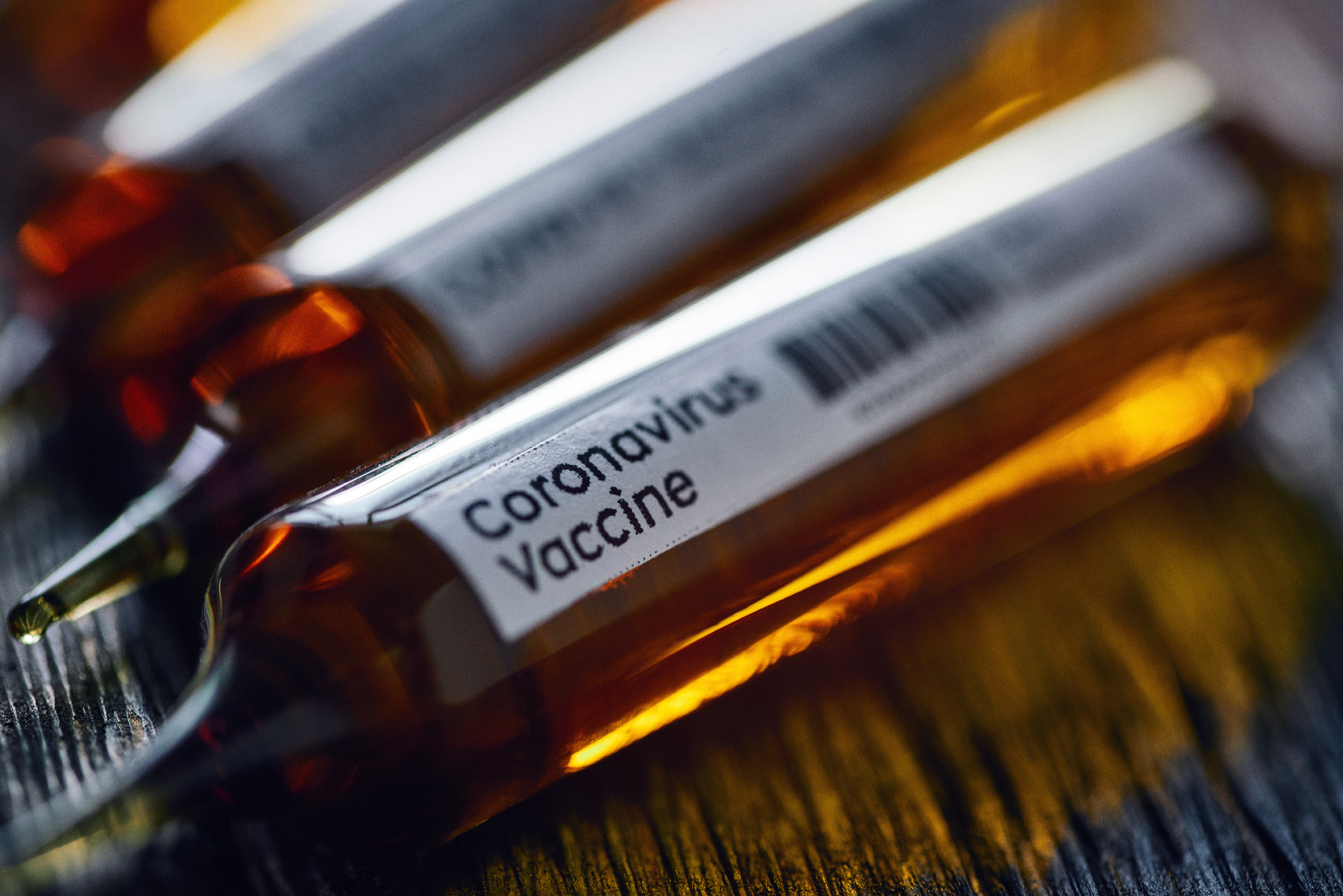Pfizer has been accused of “bullying” Latin American governments in COVID-19 vaccine negotiations and has asked some countries to put up sovereign assets, such as embassy buildings and military bases, as a guarantee against the cost of any future legal cases, the Bureau of Investigative Journalism can reveal.
Published by The Bureau of Investigative Journalism.
Summary published with permission. Read in full.

In the case of one country, demands made by the pharmaceutical giant led to a three-month delay in a vaccine deal being agreed. For Argentina and Brazil, no national deals were agreed at all. Any hold-up in countries receiving vaccines means more people contracting COVID-19 and potentially dying.
Officials from Argentina and the other Latin American country, which cannot be named as it has signed a confidentiality agreement with Pfizer, said the company’s negotiators demanded additional indemnity against any civil claims citizens might file if they experienced adverse effects after being inoculated. In Argentina and Brazil, Pfizer asked for sovereign assets to be put up as collateral for any future legal costs.
One official who was present in the unnamed country’s negotiations described Pfizer’s demands as “high-level bullying” and said the government felt like it was being “held to ransom” in order to access life-saving vaccines.
Campaigners are already warning of a “vaccine apartheid” in which rich Western countries may be inoculated years before poorer regions. Now, legal experts have raised concerns that Pfizer’s demands amount to an abuse of power.
“Pharmaceutical companies shouldn’t be using their power to limit life-saving vaccines in low- and middle-income countries,” said Professor Lawrence Gostin, director of the World Health Organization’s Collaborating Center on National and Global Health Law. “[This] seems to be exactly what they’re doing.”
Read in full over on the Bureau’s website.




